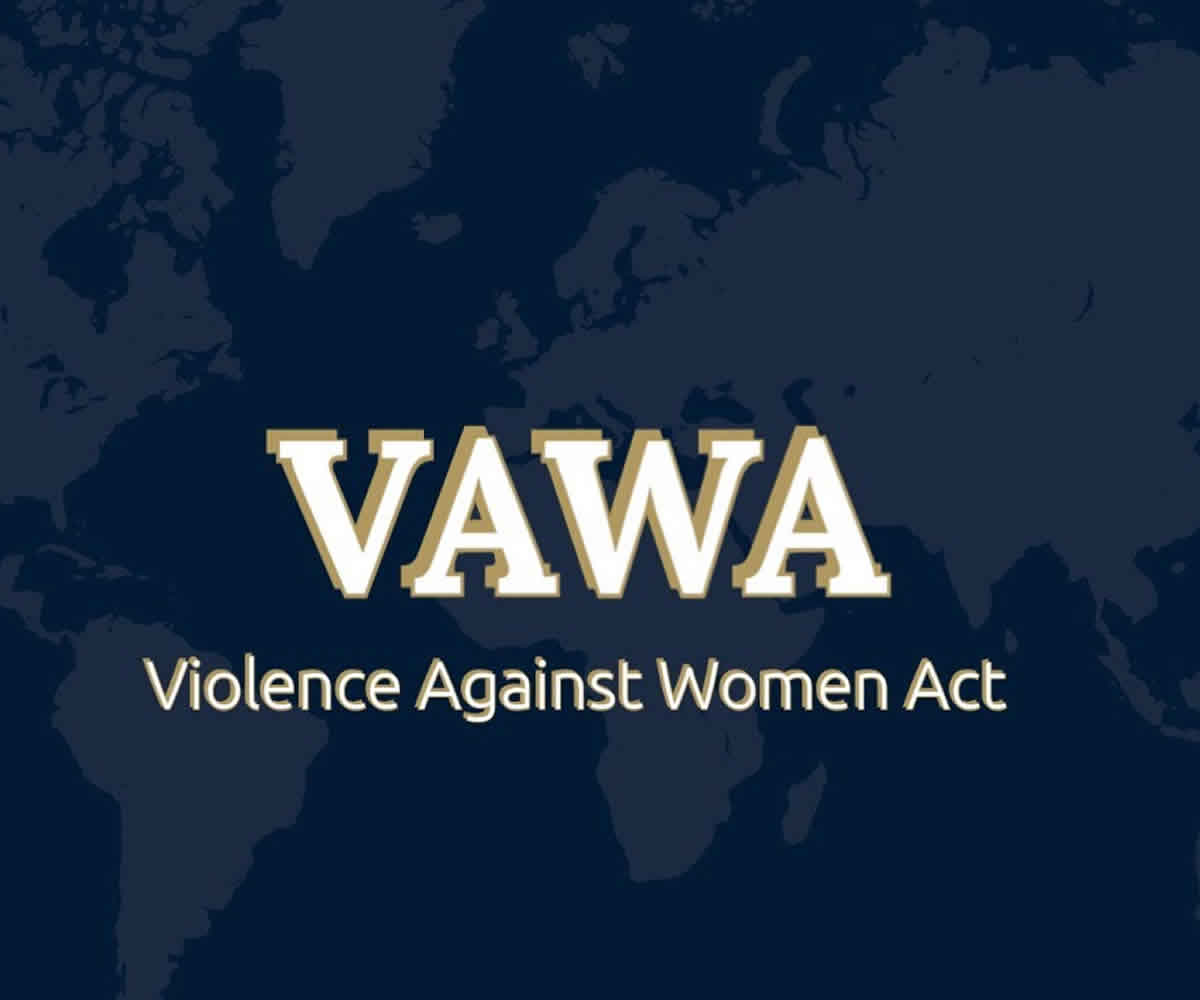
VAWA: Violence Against Women Act
Helping Abused or Widowed Spouses Obtain Permanent Residence
The Violence Against Women Act (VAWA) protects abused spouses and children against abusive United States citizens by giving such individuals the opportunity to self-petition for permanent residence in the United States without knowledge or support from the abusing party.
How Do I Qualify Under VAWA?
In order to self-petition for lawful permanent residence, one of the following requirements must be met:
- You are the spouse abused by a United States citizen of lawful permanent residence
- You are a parent of a child who has been abused by a United States citizen or lawful permanent residence
- You are the child, who is under the age of 21 and unmarried, abused by a United States citizen or lawful permanent resident
Abused spouses may also include children under the age of 21 in the petition.
Further qualifications for spouses include:
- You are legally married to an abusive United States citizen or lawful permanent resident
- You entered into the marriage in good faith
- You have been battered in the United States (exceptions for government employees apply)
- You have been abused and subjected to extreme cruelty during the marriage
- You have good moral character
- You are the parent of a child abused by a U.S. citizen or lawful permanent resident
Further qualifications for children include:
- You have been abused by a U.S. citizen or lawful permanent residence and qualify as a child under immigration law
If your spouse is a United States citizen or lawful permanent resident and subjects you or your children to abusive patterns of behavior, time is of the essence to self-petition for lawful permanent residence.
Widow(er) of a U.S. Citizen
A widow or widower of U.S. citizen, who was married to a U.S. citizen at least 2 years prior to the U.S. citizen’s death, can self-petition for permanent residence.
Generally, when the petitioner dies, the petition is legally considered to die as well. However, there are situations when USCIS will agree, based upon humanitarian considerations, to let the case continue. There are also special provisions for widowed spouses to apply on their own if they were married for at least two years before the spouse’s death.
